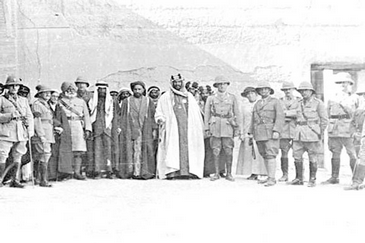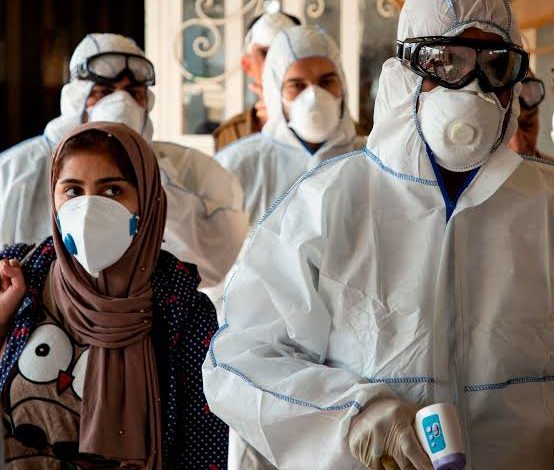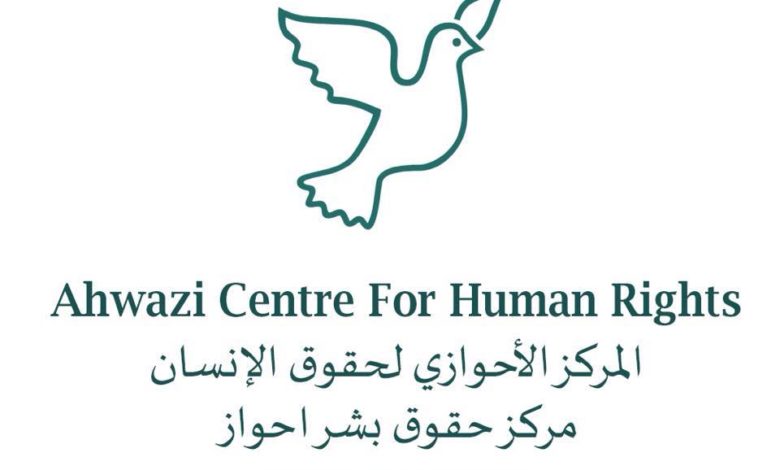Al-Ahwaz: The 91-Year Injustice the World Prefers to Ignore

Abraham Lincoln once said that nations will not die from invasion, but rather from their own internal rottenness. In its own way, this statement strongly befits the plight of the Ahwazi Arabs in Iran, who are disenfranchised by the authoritarian tendencies of the state.
The occupation of the Ahwaz region by the Iranian state has for long been a deeply neglected issue in the world. A combination of factors have caused this neglect, not least of which is the lack of coverage the issue receives due to the tight controls the Iranian government has on the media, and journalists more generally. This is why, even in neighboring Arab countries, not many people have ever heard of the Ahwazi people or their oppression.
For the last ninety years, the Iranian regime has hunted down Ahwazi men, women, and children of Ahwazi areas, arresting many, deported others, and leading countless number into state-run camps. This was particularly prominent during the Reza Shah regime, as well as the Mohammad Reza Shah era, but even more so during the reign of the Supreme Leader Khomeini.
Many historians, particularly in the West, have failed to draw any attention to these facts, and the reality of anti-Arab discrimination by the Iranian government. The Iranians, who settled in the Ahwazi cities by force, often have extremely racist attitudes towards Arabs. In fact, they tend to be more bigoted than other Iranians who live in non-Arab provinces outside of the Ahwaz region. In all cases, the blame lies on the Iranian regime, which has facilitated this culture of racism.
The Iranian regime has strongly contributed to racial divides in the country, often providing direct aid to extremist groups who target Ahwazi Arabs for their political activities. Iranian regime’s racial discrimination has led to more ethnic-Iranians moving and living in Ahwazi parts. This is partly an attempt to drive out the Ahwazis from their homeland, out into other Arab countries.
In the aftermath of the Iran-Iraq war, for example, many young Iranian men came to work or study in the Ahwaz region. As a result, countless members of the Iranian community resettled- there and are still living there today. The goal of the mass resettlement was to institute demographic change, with the Tehran regime ‘claiming’ Ahwaz as being under its dominion and effectively denying the Ahwazi people’s right to sovereignty.
As part of this plan, the Iranian Shah regime recommended that the Ahwazi children, women, and elderly people must be moved outside of Arab areas and into “Persian provinces” instead. These policies were not applied to other non-Persian people in Iran, such as Turks, Baluchs, Turkmens, or Kurdish people, but only to Arabs. However, this policy had witnessed widespread discrimination which made it difficult for them to get jobs, and Arabs were largely forbidden from attending university or studying Arabic in school.
Apparently, these racist policies directly target Arabs in specific, which the Iranian regime described as a ‘degenerate culture’. For example, during his presidency, Rafsanjani once said in a speech that the Ahwazi people are “Collies,” which means gypsies and foreigners.
Ultimately, the main reason that Arabic customs and the Arabic language have been banned by the Iranian regime is that they are the main pillars of Ahwazi identity. In order to wipe away the identity, the regime must first wipe away what defines it, even by using racist imagery of Arabs in the media in an attempt to discredit it. Even though it has become increasingly difficult for Ahwazis to speak the Arabic language or wear their traditional clothes, however, they continue to use their Arabic language in the privacy. They do this to avoid the humiliation, punishment, and even torture that may occur if they speak their language or wear their traditional garments in public.
In order to change this, we must begin by standing with the Ahwazi people in their struggle for freedom, as we do for any other oppressed peoples around the world. The Ahwazis are no less human, and we must not forget that.
By Mostafa Hussein Hetteh
S: aLiBz




